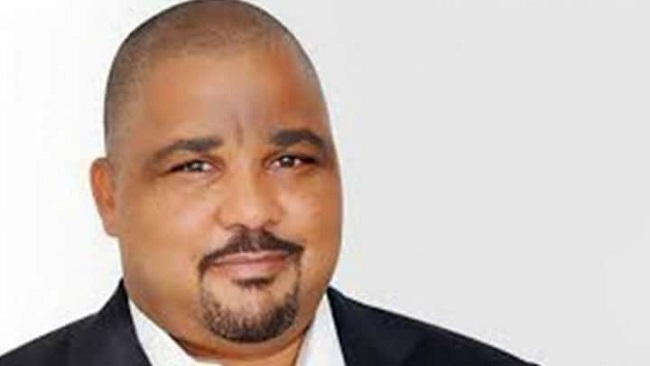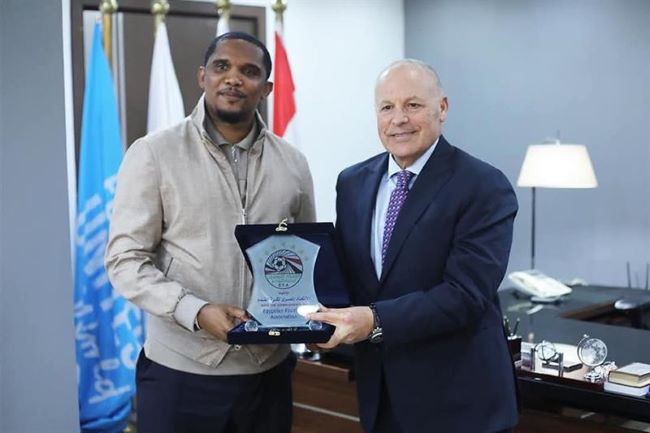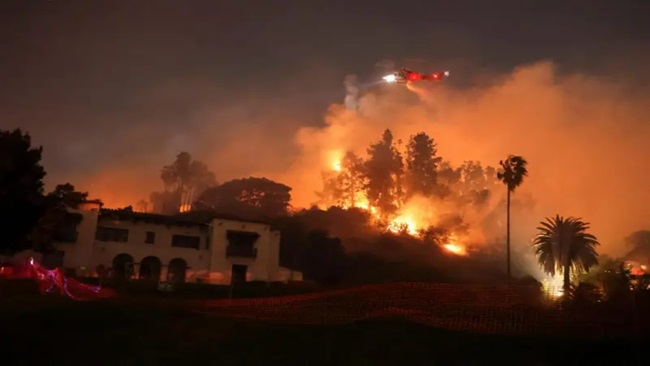9, January 2025
“Biya has realized that the time has come to leave” Joshua Osih 0
The National Chairman of the Social Democratic Front (SDF), Joshua Osih, met the press on Tuesday 7 January 2025. This is a traditional meeting that the SDF leader honours at the beginning of each year.
The business tycoon took the opportunity to revisit President Biya’s message to the nation on 31 January 2024, as well as the statements made by Roman Catholic bishops.
According to Joshua Osih, Biya himself has noted that the time has come to leave and this is what the Cameroonian Bishops have noticed, although they are not alone. Joshua Osih stated that the bishops have simply made public what everyone else is thinking.
‘When you listen to the President of the Republic on 31 December, the least you can do is give us an assessment. If you can’t tell us what you’ve done in a year, if you cannot tell us what you’ve done in 42 years. Unfortunately, it has to be said that Biya is incapable of doing so. He has also realised that the time has come to leave. The Catholic Bishops have noticed this, and they are not alone. Everyone has seen it. But they have a platform that others don’t have. That’s why, from this platform, they have said out loud what others think in silence’, Joshua Osih told teleasu.tv journalists.
Hon. Osih described Cameroon as a country at the end of its tether. According to Joshua Osih, the end-of-year celebrations are a clear sign of failure, epitomised by the President of the Republic.
‘The Cameroonian majority has always been a silent majority. When you see how the end-of-year celebrations went today, with deserted streets and very little music, you understand that Cameroon is at the end of its tether. And the person who embodies this failure, all he can do to save us from a bloodbath, is to leave’, said Joshua Osih.
By Rita Akana in Yaoundé


























10, January 2025
Biya will die soon 0
The clock is ticking on whether President Biya will continue as head of state beyond the 2025 presidential elections.
The 91-year-old leader and his acolytes would not say if he is preparing to step down this year or face a forced eviction out of the Unity Palace by angry Cameroonians.
The failed leader has still not made a decision on whether he will run for the upcoming elections and go beyond 2025.
While senior Roman Catholic Bishops are demanding that he resigns, ambassadors from the US, UK and Canada have also been pushing his Minister of Territorial Administration; Paul Atanga Nji to convince Biya to accept that time has come for him to leave the political stage.
Our Yaoundé city reporter said late yesterday that the dictator after forty-two years in power is still not sure that Cameroon as a nation has options if he decides to step down.
With age now telling on him and his health failing at catastrophic rapidity, we of the Concord Group believe that sooner or later it will happen and Cameroonians have to prepare.
However, if Biya does decide to go on beyond 2025, he will end up in the Kondengui Maximum Security Prison in Yaoundé with many of his most trusted allies.
Our informants in Etoudi watching him as he struggles to receive New Year wishes from his cronies have all admitted that the presidential part of Biya has left him and he will die soon.
By Soter Tarh Agbaw-Ebai